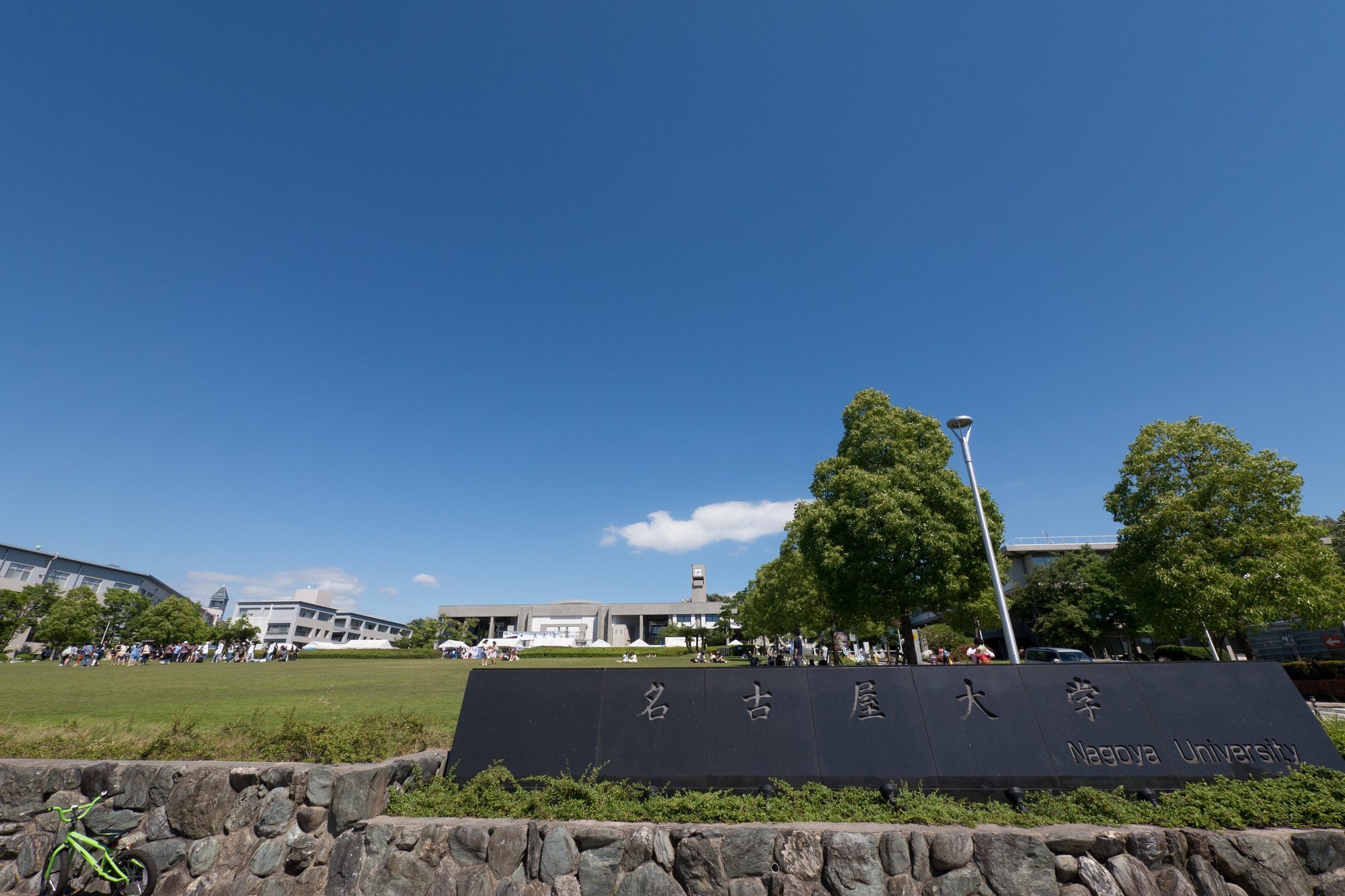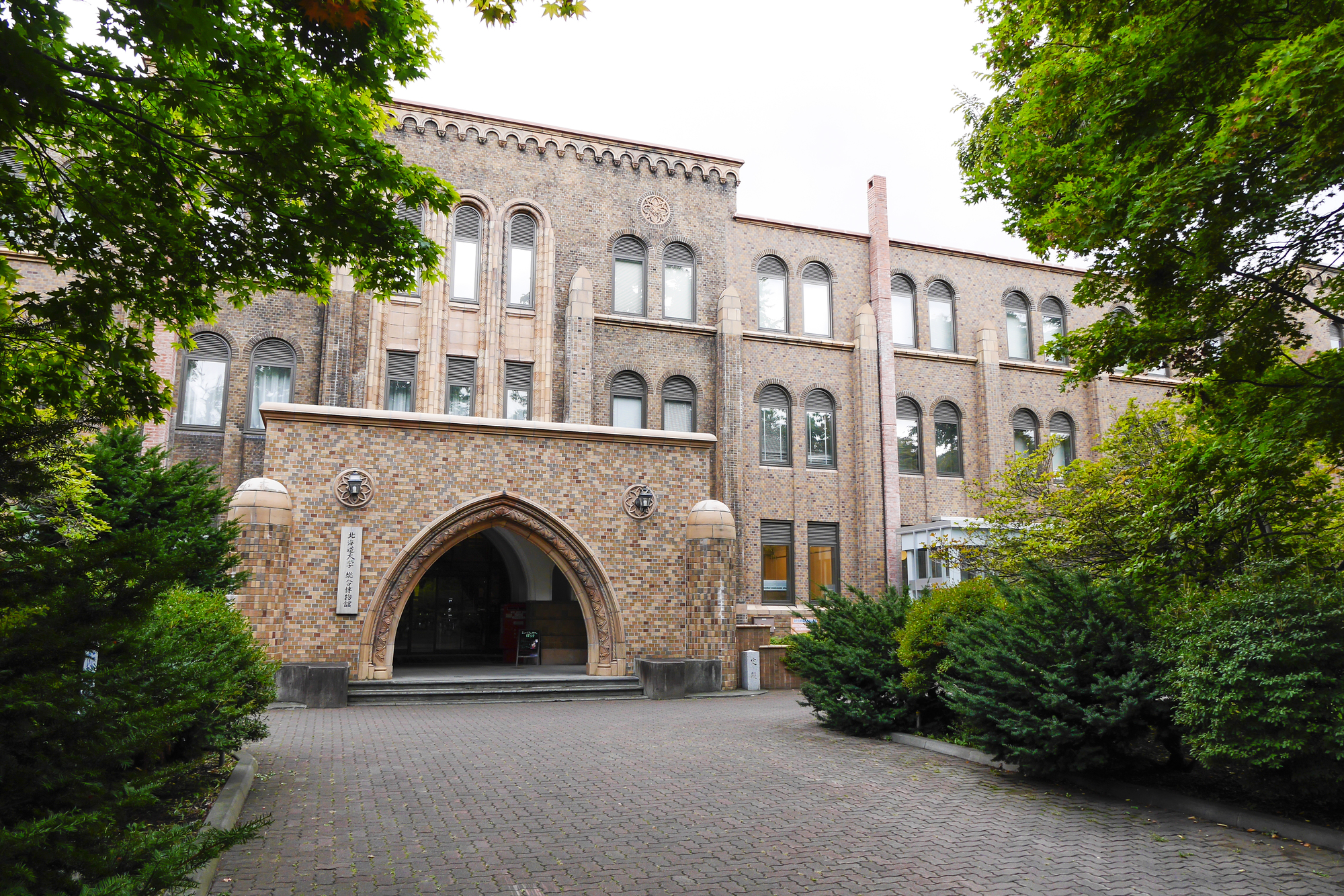Eight Nobel laureates and Fields Medal winners, including Professor Hiroshi Amano of Nagoya University, who won the Nobel Prize in Physics in 2014 for the development of the high-quality crystal creation technology necessary for blue LEDs, are working on Japanese studies promoted by the government. A statement calling for careful consideration of revisions to the Congress Act was issued.
In addition to Distinguished Professor Amano, Nobel laureates Yoshinori Ohsumi, Honorary Professor of Tokyo Institute of Technology, Makoto Kobayashi, Distinguished Professor of Nagoya University, Hideki Shirakawa, Emeritus Professor of Tsukuba University, Akira Suzuki, Professor Emeritus of Hokkaido University, Ryoji Noyori of Nagoya University Distinguished Professor, Tasuku Honjo, Professor Emeritus, Kyoto University and Fields Medal winner Shigefumi Mori, Professor Emeritus, Kyoto University.
According to the statement, the eight members of the Science Council of Japan, Japan's national academy, are at odds with the government after then-Prime Minister Yoshihide Suga refused to appoint some members in 8. It has asked the Science Council of Japan to reconsider the hasty revision of the law and to hold discussions with the Science Council of Japan, citing the possibility that the revision would undermine the independence of the Science Council of Japan.
The content of the revision of the law that the government is considering is that the member selection process will be checked by a third-party committee. Members of the Science Council of Japan are raising doubts and dissatisfaction with the fact that the government and the Liberal Democratic Party have put together the bill without any exchange.




